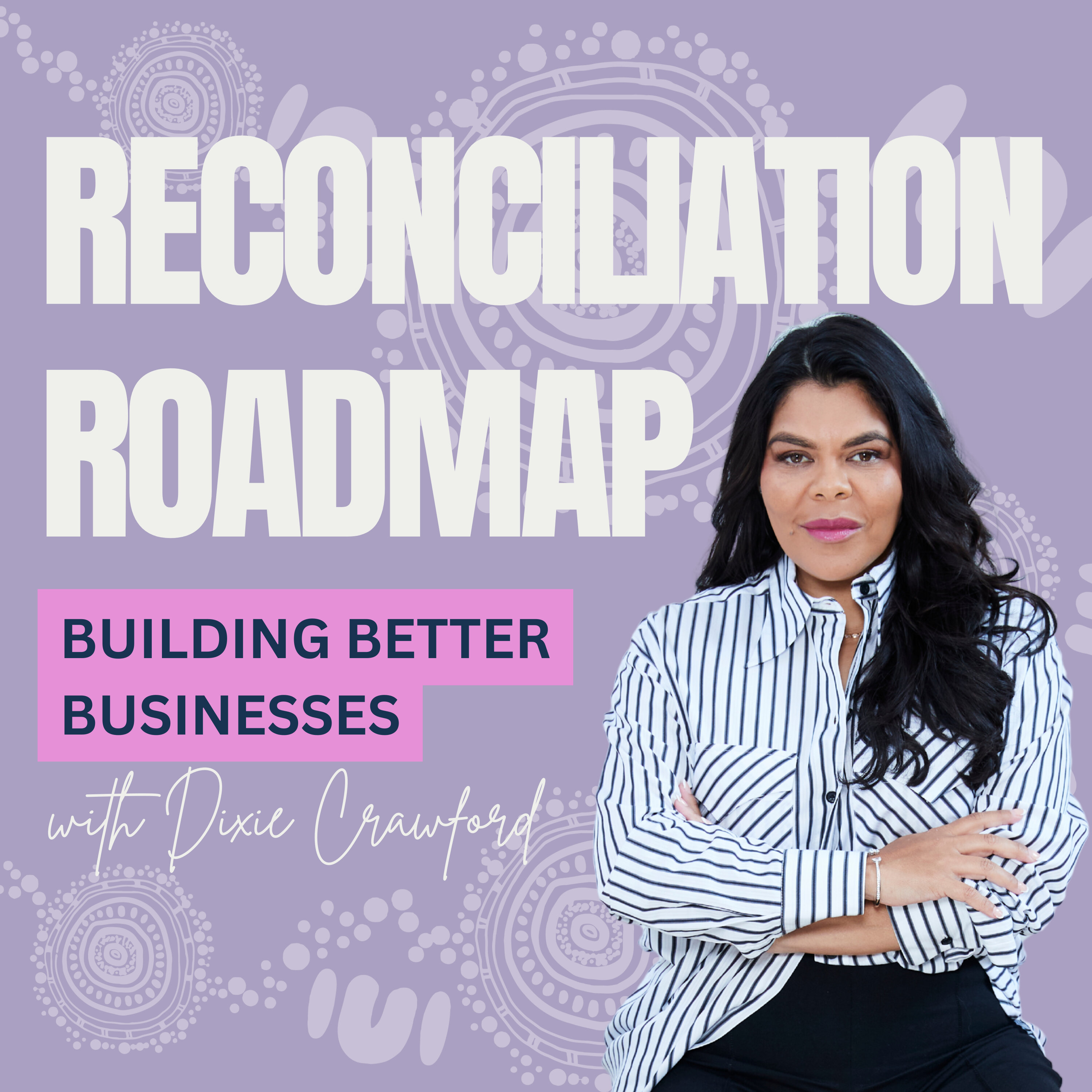Listen "34. How to Embed RAPs into Day-to-Day Work (Without Burning Out Your People)"
Episode Synopsis
In this episode of Reconciliation Roadmap, Dixie Crawford discusses the importance of embedding Reconciliation Action Plans (RAPs) into everyday business processes to avoid burnout among staff. She highlights common pitfalls organisations face when implementing RAPs, such as treating them as separate from core business functions and over-relying on passionate individuals. Crawford emphasises the need for structural changes, leadership involvement, and sustainable practices to ensure that reconciliation becomes an integral part of organisational culture. Takeaways: A RAP must be embedded into core business processes. Burnout occurs when RAPs are treated as an unpaid second job. Reconciliation should not rely solely on passionate individuals. Embedding reconciliation means changing organisational functions. First Nations staff should not bear the cultural load alone. Sustainable RAPs require formal structures and accountability. Leadership must treat RAPs as real work, not extras. Integrate RAP actions into existing workflows and KPIs. Create cross-functional teams for shared responsibility in RAPs. Reconciliation should be a part of business as usual, not a side hustle. Chapters 00:00 Introduction to Reconciliation and RAPs 01:42 Challenges of Embedding RAPs in Organisations 03:30 Strategies for Sustainable Reconciliation Practices 05:57 Leadership's Role in Effective RAP Implementation Follow Dixie's work on LinkedIn Dixie Lee Crawford | LinkedIn Enquiries: [email protected] omnystudio.com/listener for privacy information.
More episodes of the podcast Reconciliation Road Map - Building Better Businesses
45. RAP Burnout Prevention
24/09/2025
44. Peer Accountability Models
17/09/2025
43. Missteps That Became Progress
10/09/2025
42. Navigating Difficult Feedback
03/09/2025
41. Rebuilding Beyond Autonomy
27/08/2025
 ZARZA We are Zarza, the prestigious firm behind major projects in information technology.
ZARZA We are Zarza, the prestigious firm behind major projects in information technology.
